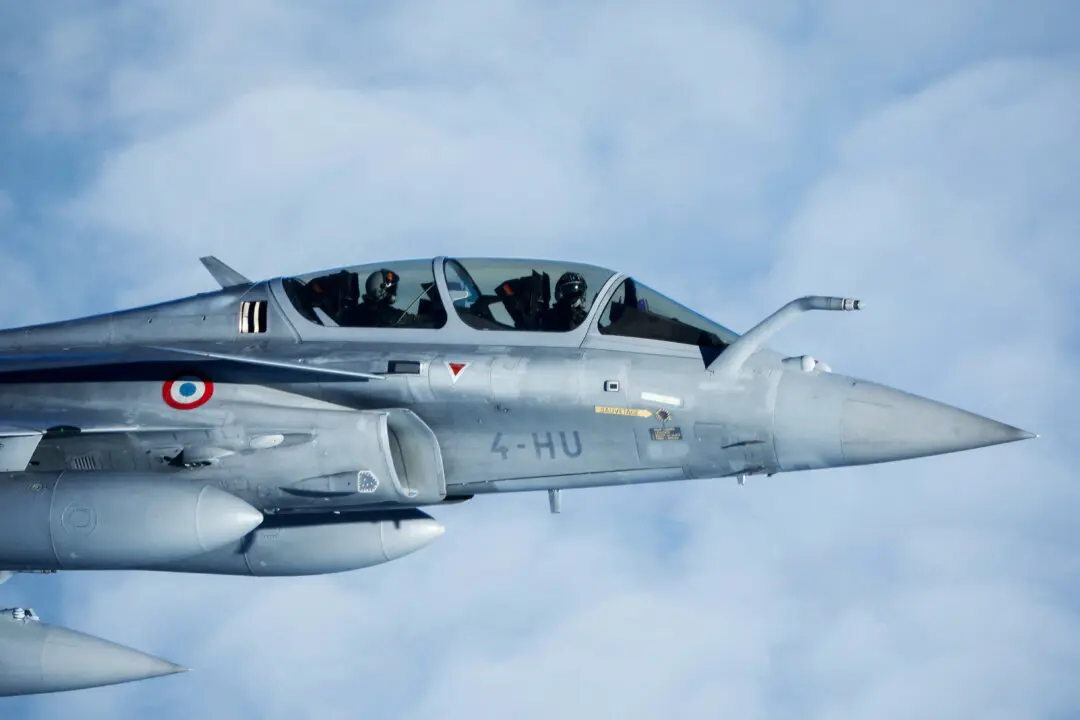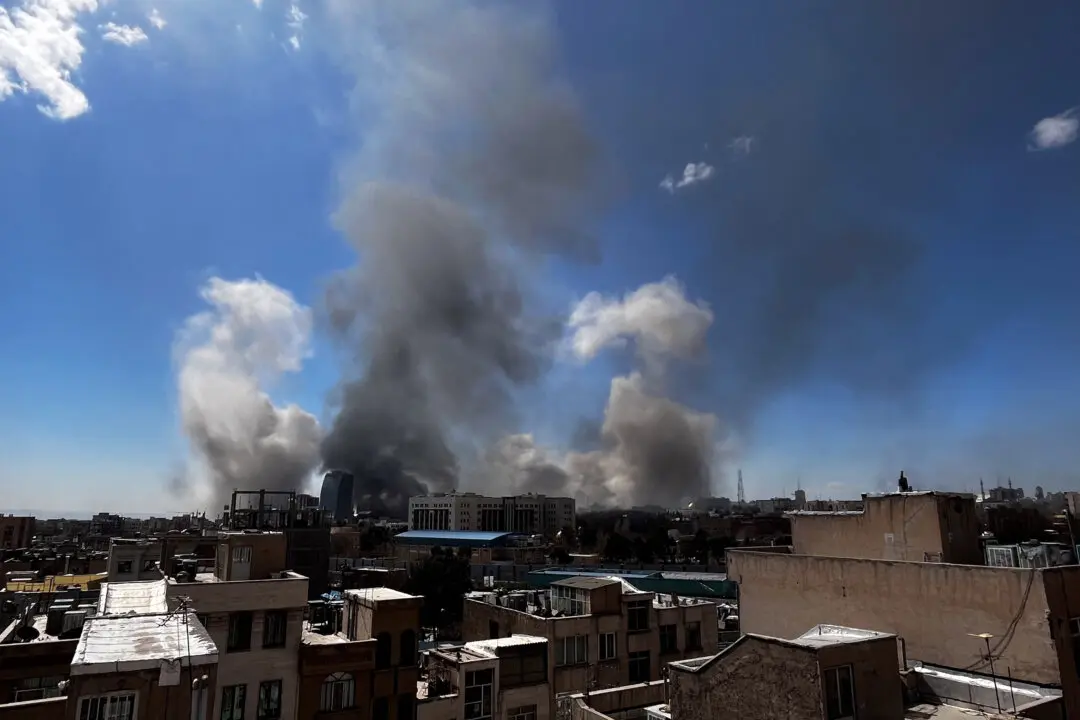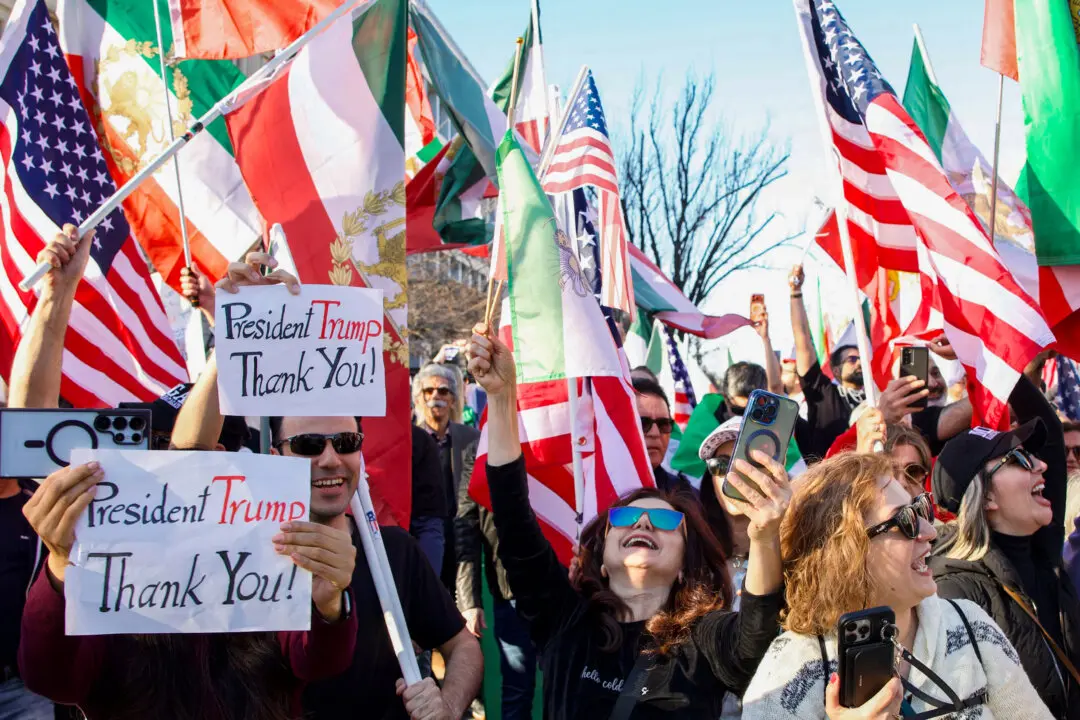President Donald Trump announced new sanctions against Iran on June 24 in part to retaliate after the downing of a U.S. drone last week, with the punitive measures targeting Iran’s most senior leader, military officials and its top diplomat, Foreign Minister Javad Zarif.
Speaking to reporters in the Oval Office, Trump said he signed an executive order imposing “hard-hitting” sanctions on Iran that will deny Iran’s Supreme Leader Ayatollah Ali Khamenei, his office “and many others” access to financial instruments.





